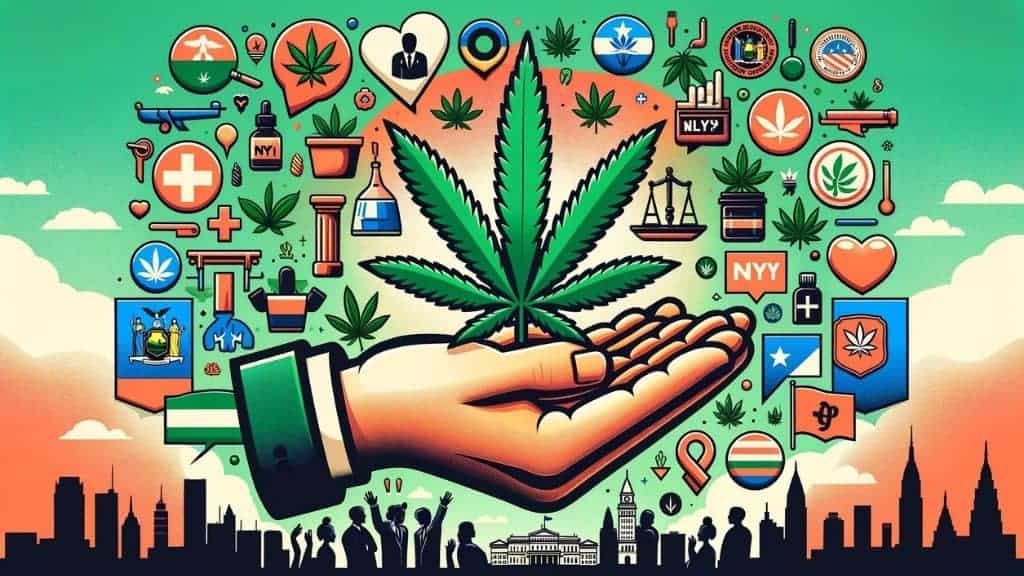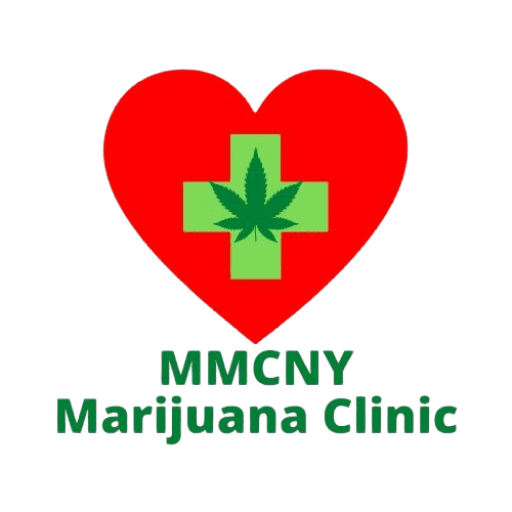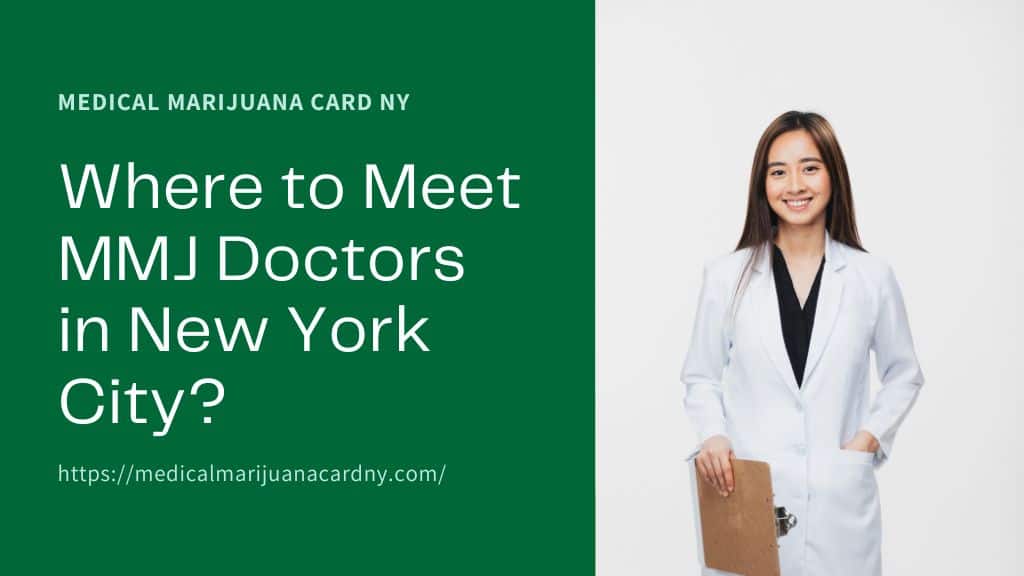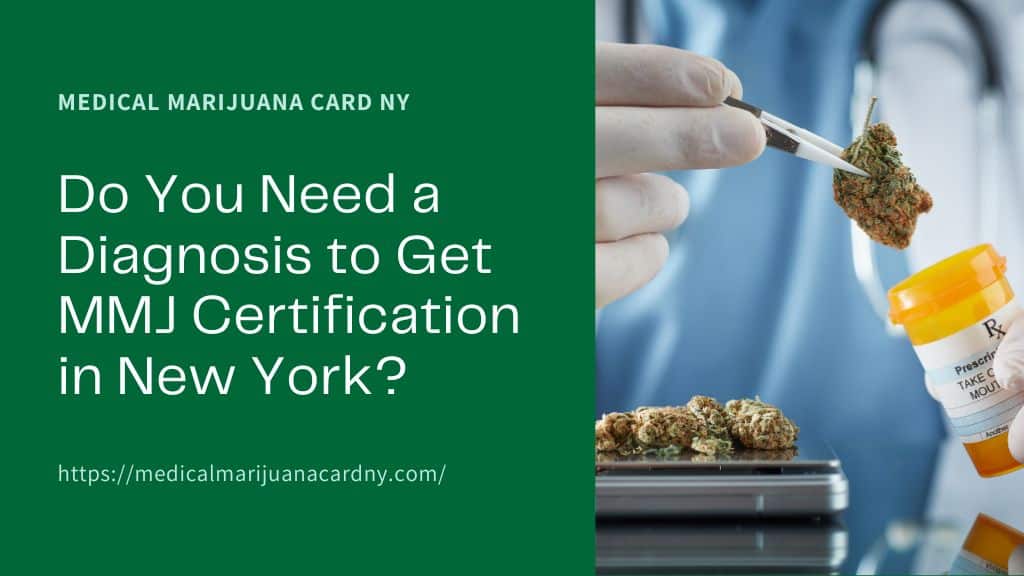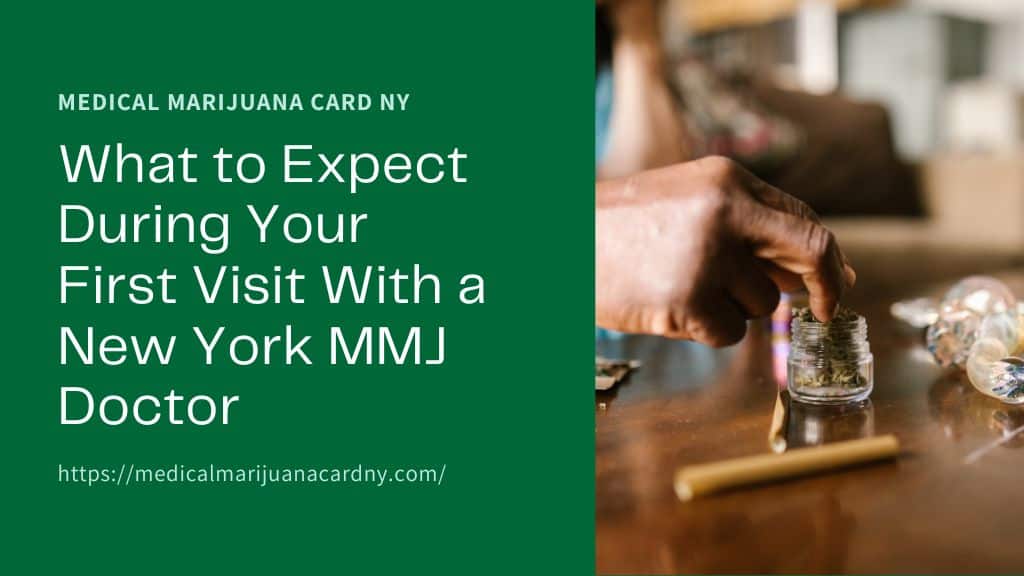In the evolving landscape of medical marijuana laws in New York, advocacy groups have played a pivotal role in shaping policies that affect thousands of patients across the state. The New York Medical Cannabis Industry Association (NYMCIA) has been at the forefront of advocating for the Compassionate Care Act passed in 2014, which marked New York as the 23rd state to legalize medical cannabis. This legislation was a significant victory for patients suffering from a wide array of health challenges, enabling them to access medical-grade cannabis for relief.
Over the years, the NYMCIA and other advocacy partners have tirelessly worked to amend restrictive measures, culminating in the passage of the Marijuana Regulation and Taxation Act (MRTA), further expanding the medical cannabis program to make it more accessible and affordable. This includes broadening the list of qualifying conditions, allowing healthcare practitioners greater discretion, and increasing the patient-day supply limit among other enhancements.
Furthermore, organizations like Americans for Safe Access, Drug Policy Alliance, and the Marijuana Policy Project have been instrumental in advocating for patient rights and access to medical marijuana on a national level, supporting efforts in New York and beyond. The collective efforts of these groups have not only broadened access but also contributed to a more equitable and informed public discourse around medical marijuana.
Understanding the significant strides made by these advocacy groups can offer hope and insight to patients seeking medical marijuana certification in New York. Their continuous work promises further progress in making medical marijuana more accessible to those in need, reflecting a broader movement towards compassionate healthcare solutions. For anyone looking to understand the landscape of medical marijuana advocacy in New York, this blog offers a comprehensive overview, shedding light on the key players and their contributions to the field.
Table of Contents
Toggle- What is the current status of medical marijuana laws in New York?
- What is the purpose of advocacy groups in New York?
- Who are the main advocacy groups for medical marijuana in New York?
- What roles do these advocacy groups play in shaping medical marijuana laws?
- How Advocacy Groups Have Influenced Medical Marijuana Legislation in New York
- Which advocacy groups have been pivotal in expanding medical marijuana certification in New York?
- What specific changes have advocacy groups advocated for in New York’s medical marijuana laws?
- How do advocacy groups support patients seeking medical marijuana certification in New York?
- Who can patients contact within these advocacy groups for support and information?
- What role do advocacy groups play in educating healthcare providers about medical marijuana in New York?
- How can healthcare providers collaborate with advocacy groups to support patient access to medical marijuana?
- Which advocacy groups are involved in medical marijuana research in New York?
- What are the major challenges faced by advocacy groups in advocating for medical marijuana laws in New York?
- How do advocacy groups overcome legal and societal hurdles in New York?
- What are some success stories of advocacy groups influencing medical marijuana policy in New York?
- How have these successes impacted patients seeking medical marijuana certification?
- What future changes are advocacy groups pushing for in New York’s medical marijuana laws?
- FAQs
- Conclusion
What is the current status of medical marijuana laws in New York?
In recent years, New York has witnessed significant advancements in its medical marijuana laws, marking a progressive shift in how the state views and regulates cannabis use for therapeutic purposes. As of March 2023, the process for patients to access medical marijuana has been streamlined to enhance accessibility and convenience. Patients seeking the therapeutic benefits of cannabis no longer need to obtain a medical marijuana card in the traditional sense.
Instead, the requirement has transitioned to obtaining a medical marijuana certification from a qualified healthcare provider who has been authorized to prescribe cannabis for medicinal purposes. Upon receiving this certification, patients are automatically registered with the New York State Department of Health and are provided with a registration ID number. This number serves as a key, allowing them to purchase medical marijuana products from licensed dispensaries throughout the state.
This regulatory update complements the landmark legislation that took effect on March 31, 2021, when New York legalized the recreational use and possession of marijuana. This legal milestone not only broadened the accessibility of cannabis for adults over the age of 21 but also underscored the state’s commitment to reforming cannabis laws to reflect a more modern, health-centric approach to marijuana use.
Furthermore, in 2022, New York made a pivotal adjustment to its medical marijuana program by removing the list of qualifying conditions that had previously dictated who could receive medical marijuana. This change empowered medical marijuana (MMJ) doctors to use their professional judgment to evaluate patients on a case-by-case basis, determining who might benefit from medical marijuana without being constrained by a predefined list of conditions. This approach allows for a more personalized and flexible medical evaluation, ensuring that patients with varying health concerns can be considered for cannabis-based treatments.
What is the purpose of advocacy groups in New York?
The purpose of advocacy groups in New York, particularly those focused on medical marijuana and other social or public policy issues, is multifaceted. These organizations aim to influence public policy, legislative reforms, and societal attitudes to protect and advance the rights and interests of specific groups or the public at large. In the context of medical marijuana, advocacy groups work to:
- Educate the Public and Policymakers: They provide evidence-based information to dispel myths and inform both the public and legislators about the benefits and importance of medical marijuana, promoting understanding and acceptance.
- Legislative Lobbying: Advocacy groups lobby for changes in laws and regulations to make medical marijuana more accessible to patients who could benefit from its therapeutic use. This includes expanding the list of qualifying medical conditions, reducing bureaucratic barriers, and ensuring affordability and insurance coverage.
- Support Patients: They offer resources, guidance, and support to patients navigating the process of obtaining medical marijuana certification, including legal assistance where necessary.
- Promote Research: By advocating for the expansion of medical marijuana research, these groups aim to enhance understanding of its benefits and potential risks, which in turn informs public policy and healthcare practices.
- Protect Rights: Advocacy groups work to safeguard the rights of medical marijuana patients and providers, ensuring that they are not subject to discrimination or unjust legal challenges.
In essence, advocacy groups in New York strive to create a more informed, equitable, and accessible framework for the use of medical marijuana, contributing to broader efforts of drug policy reform and the promotion of public health.
Who are the main advocacy groups for medical marijuana in New York?
In the evolving landscape of medical marijuana in New York, advocacy groups play a pivotal role in both the legislative reform and the practical application of cannabis for therapeutic use. These organizations are at the forefront of policy advocacy, education, and support for patients and healthcare providers alike, contributing significantly to the shaping of a more accessible and equitable medical marijuana program in the state.
Several key advocacy groups have been instrumental in driving forward the medical marijuana agenda in New York, leveraging their expertise, networks, and resources to effect change:
- Marijuana Policy Project (MPP): Nationally recognized for its efforts to reform marijuana laws, the MPP has been a critical player in advocating for the legalization of medical marijuana across the United States. In New York, it has contributed to the push for legislative changes that have made medical cannabis more accessible to patients.
- Drug Policy Alliance (DPA): With a broad focus on drug reform, the DPA has been particularly active in New York, working to end cannabis prohibition and advocate for policies that ensure safe and equitable access to medical marijuana for therapeutic purposes.
- New York Medical Cannabis Industry Association (NYMCIA): This organization represents cannabis businesses and professionals within the state, advocating for a regulatory environment that supports the growth of the medical cannabis industry while ensuring patient access to high-quality, safe cannabis products.
- Compassionate Care NY (CCNY): A grassroots organization, CCNY is dedicated to expanding access to medical marijuana for patients in need. It focuses on educating stakeholders and lobbying for laws that support the medical cannabis community in New York.
What roles do these advocacy groups play in shaping medical marijuana laws?
The contributions of these advocacy groups to the medical marijuana landscape in New York are multifaceted, encompassing a range of activities that influence policy, public opinion, and healthcare practices:
- Policy Advocacy and Legislative Reform: These groups engage in direct advocacy with lawmakers, aiming to reform existing laws and shape new legislation that facilitates access to medical marijuana. Their efforts have been instrumental in the passage of laws that have liberalized the use of cannabis for medical purposes, including the recent updates that have streamlined the process for patients to receive medical marijuana certifications.
- Education and Awareness: Educating the public, patients, healthcare providers, and policymakers about the benefits of medical marijuana and the importance of safe, regulated access is a cornerstone of their work. Through seminars, publications, and online resources, these organizations help dispel myths and build a more informed consensus around cannabis use for therapeutic purposes.
- Support for Patients and Healthcare Providers: Advocacy groups offer resources and support to help patients navigate the medical marijuana program in New York. This includes guidance on obtaining medical marijuana certifications, understanding the legal rights of patients, and accessing cannabis products legally and safely.
- Promoting Research and Best Practices: A key role of advocacy groups is to promote research into the efficacy and safety of medical marijuana, contributing to a growing body of evidence that supports its use in treating a variety of conditions. They also advocate for the adoption of best practices in the prescription, dispensing, and use of medical cannabis.
How Advocacy Groups Have Influenced Medical Marijuana Legislation in New York
Advocacy groups have played a crucial role in shaping the landscape of medical marijuana legislation in New York. Their influence is evident in several key areas of legislative reform, public awareness, and patient support, which have collectively contributed to a more progressive and patient-centric medical marijuana program in the state.
Driving Legislative Reform
Through persistent lobbying efforts, advocacy groups have been instrumental in advocating for the legalization of medical marijuana in New York. They have worked closely with legislators, providing research and testimonies that highlight the therapeutic benefits of cannabis. Their efforts culminated in the Compassionate Care Act’s passage in 2014, which legalized medical marijuana in New York, marking a significant victory for patient rights and alternative therapies.
Expanding Patient Access
Advocacy groups have been at the forefront of efforts to expand access to medical marijuana for New Yorkers. They have successfully pushed for amendments to existing laws to broaden the spectrum of qualifying medical conditions and simplify the patient certification process. As a result, in March 2023, New York updated its regulations, eliminating the need for a traditional medical marijuana card and instead requiring a certification from a qualified doctor, thereby streamlining access for patients.
Promoting Patient-Centric Policies
These organizations have also advocated for patient-centric policies, including the removal of restrictive conditions list in 2022. This change has allowed doctors to use their medical judgment to recommend medical marijuana, making the program more flexible and responsive to the individual needs of patients. Moreover, they have championed the rights of patients to access a wider variety of medical cannabis products, ensuring that individuals can find the formulations that best meet their therapeutic needs.
Which advocacy groups have been pivotal in expanding medical marijuana certification in New York?
Several advocacy groups have been particularly influential in expanding medical marijuana certification and access in New York:
- Marijuana Policy Project (MPP) and Drug Policy Alliance (DPA) have both played significant roles in shaping the state’s medical marijuana policies through advocacy, research, and public education campaigns.
- Compassionate Care NY (CCNY) has focused on grassroots efforts to support patients and families navigating the medical marijuana program, advocating for laws that reflect the needs of patients.
- New York Medical Cannabis Industry Association (NYMCIA) has worked to ensure that the industry standards meet patient needs while also advocating for regulations that support the growth of the medical cannabis sector in a way that benefits patients.
What specific changes have advocacy groups advocated for in New York’s medical marijuana laws?
Advocacy groups have championed several specific changes to New York’s medical marijuana laws, aiming to create a more inclusive and accessible program:
- Legalization of Recreational Marijuana: While their primary focus has been on medical cannabis, advocacy groups also supported the broader movement towards the legalization of recreational marijuana, which was achieved on March 31, 2021. This broader acceptance of cannabis has indirectly benefited medical marijuana patients by reducing stigma and increasing general accessibility.
- Expansion of Qualifying Conditions: Initially, New York’s medical marijuana program had a limited list of qualifying conditions. Advocacy groups have successfully lobbied for the expansion of this list over the years and, more recently, for the removal of the list entirely in favor of allowing medical professionals to determine eligibility for medical marijuana.
- Improvements in Patient Access and Certification Process: By advocating for the removal of the requirement for a traditional medical marijuana card and transitioning to a certification process managed by qualified doctors, advocacy groups have significantly streamlined the patient registration process, making it easier for individuals to obtain the medical cannabis products they need.
Through their sustained efforts, these advocacy groups have profoundly impacted the evolution of medical marijuana legislation in New York, ensuring that the program is more responsive to the needs of patients. Their work continues to focus on advancing policies that promote safe, equitable access to medical cannabis for therapeutic use, reflecting a commitment to patient welfare and public health.
How do advocacy groups support patients seeking medical marijuana certification in New York?
Advocacy groups play a pivotal role in the landscape of medical marijuana in New York, offering crucial support to patients navigating the certification process. These organizations work tirelessly to demystify the complex regulatory and medical aspects of obtaining medical marijuana, making it more accessible to those in need. By providing up-to-date information, guidance, and resources, these groups ensure that patients do not have to face the certification journey alone.
Who can patients contact within these advocacy groups for support and information?
Patients seeking medical marijuana certification in New York have several avenues for support and information through advocacy groups. Organizations such as the Marijuana Policy Project (MPP), Americans for Safe Access (ASA), and the Drug Policy Alliance (DPA) are at the forefront, offering detailed guides, online resources, and personalized assistance.
These groups have dedicated contacts, usually available through their websites or helplines, ensuring that patients can easily reach out for help. For instance, the ASA’s website includes a comprehensive state-by-state guide, including specifics on New York’s medical marijuana program, and provides contact information for further assistance.
What role do advocacy groups play in educating healthcare providers about medical marijuana in New York?
Beyond patient support, advocacy groups play a significant role in educating healthcare providers about medical marijuana. Given the evolving nature of cannabis research and legislation, healthcare professionals often seek reliable information to guide their recommendations. Advocacy groups fill this gap by organizing seminars, workshops, and providing online educational materials.
These resources cover the legalities of prescribing medical marijuana, the latest research on its benefits and risks, and best practices for discussing it with patients. This educational outreach is crucial in fostering a well-informed healthcare community that can competently support patients’ access to medical marijuana.
How can healthcare providers collaborate with advocacy groups to support patient access to medical marijuana?
Collaboration between healthcare providers and advocacy groups is essential for expanding patient access to medical marijuana in New York. Healthcare providers can engage with these groups in several ways, such as participating in educational programs, referring patients to these organizations for additional support, and advocating for policy changes based on clinical observations and patient feedback.
Such collaborations not only enhance the providers’ understanding and confidence in discussing medical marijuana with patients but also strengthen advocacy efforts by grounding them in real-world healthcare experiences.
Which advocacy groups are involved in medical marijuana research in New York?
In New York, several key advocacy groups have been instrumental in pushing forward the medical marijuana research agenda. Notable among them are the Drug Policy Alliance (DPA), the Marijuana Policy Project (MPP), and Americans for Safe Access (ASA). These organizations actively fund, support, and disseminate research on the medical benefits of cannabis, aiming to educate both the public and policymakers about its potential. They collaborate with researchers, healthcare professionals, and academic institutions to gather and share evidence-based information on cannabis’s efficacy in treating various medical conditions.
What are the major challenges faced by advocacy groups in advocating for medical marijuana laws in New York?
The journey towards medical marijuana legalization and acceptance in New York has been fraught with challenges. Advocacy groups often confront legal barriers, including stringent regulations surrounding cannabis research and use. Additionally, societal stigma and misinformation about marijuana pose significant obstacles, influencing public opinion and legislative attitudes unfavorably.
One of the major legal challenges is the federal classification of marijuana as a Schedule I drug, which severely restricts research opportunities and funding. This classification implies that marijuana is considered to have “no currently accepted medical use and a high potential for abuse,” a stance that contradicts the growing body of research and anecdotal evidence supporting its medical benefits.
Societally, the stigma surrounding marijuana use—often rooted in decades of anti-drug campaigns—makes it difficult to shift public opinion and garner support for medical marijuana laws. This stigma also affects patients who might benefit from medical cannabis, as they may hesitate to seek out or advocate for its use due to fear of judgment.
How do advocacy groups overcome legal and societal hurdles in New York?
Advocacy groups employ several strategies to overcome these challenges in New York. Through legislative lobbying, they work closely with lawmakers to advocate for the reclassification of marijuana, aiming to ease restrictions on research and use. Education campaigns play a critical role in changing public perception, utilizing evidence-based research to debunk myths and highlight the therapeutic benefits of cannabis.
Public engagement is another effective strategy. Advocacy groups organize forums, workshops, and seminars to engage the community, healthcare professionals, and policymakers in discussions about medical marijuana. By fostering an informed dialogue, they aim to reduce stigma and build a broader base of support for medical marijuana laws.
Furthermore, advocacy groups collaborate with legal experts to navigate the complex regulatory landscape, offering support and guidance to patients and healthcare providers on navigating the legalities of medical marijuana use in New York.
What are some success stories of advocacy groups influencing medical marijuana policy in New York?
Advocacy groups have played a pivotal role in shaping medical marijuana policy in New York, achieving significant milestones that have positively impacted patients and the legal landscape. Through persistent efforts, strategic campaigning, and collaboration with policymakers, these organizations have facilitated changes that have broadened access to medical marijuana for those in need. Their success stories highlight the transformative power of advocacy in public health policy.
One of the landmark successes was the passage of the Compassionate Care Act in 2014, which legalized medical marijuana in New York. This achievement was the result of concerted efforts by groups like the Drug Policy Alliance (DPA), the Marijuana Policy Project (MPP), and Americans for Safe Access (ASA), which mobilized support, educated lawmakers and the public, and advocated for patients’ rights. These organizations played crucial roles in highlighting the medical necessity of cannabis for patients with severe and chronic conditions, leading to the establishment of a regulated medical marijuana program in the state.
Following the legalization, advocacy groups continued to push for reforms to make the program more accessible and inclusive. Their efforts led to significant policy changes, such as the addition of chronic pain and post-traumatic stress disorder (PTSD) to the list of qualifying conditions, and the allowance of smokable forms of cannabis, which were previously prohibited. These changes have substantially widened access for patients, making it easier for them to obtain the relief they need.
How have these successes impacted patients seeking medical marijuana certification?
The successes of advocacy groups in influencing medical marijuana policy have had profound impacts on patients in New York. By expanding the list of qualifying conditions and forms of cannabis available for medical use, more patients have been able to find effective treatment options for their ailments. The legalization and subsequent reforms have also helped to reduce the stigma surrounding cannabis use, encouraging more individuals to seek medical marijuana certification without fear of judgment or legal repercussions.
For patients, these changes mean improved access to a wider range of treatments, more autonomy in managing their health, and recognition of medical marijuana as a legitimate and valuable therapeutic option. The advocacy-driven policy reforms have also facilitated a more open dialogue between patients and healthcare providers regarding cannabis, leading to better-informed treatment plans and enhanced patient care.
What future changes are advocacy groups pushing for in New York’s medical marijuana laws?
Looking forward, advocacy groups in New York are not resting on their laurels. They continue to push for further reforms to make medical marijuana even more accessible and to ensure that the state’s program remains responsive to patients’ needs. Key areas of focus include eliminating remaining barriers to access, such as high costs and limited dispensary locations, and advocating for home cultivation rights, which would allow patients and caregivers to grow their own cannabis for medical use.
Additionally, these groups are working towards further expanding the list of qualifying conditions and advocating for more comprehensive insurance coverage for medical marijuana to alleviate the financial burden on patients. They also push for continuous improvement in the quality and variety of medical cannabis products available in the state, ensuring that patients have access to the best possible treatments.
FAQs
1. What is the purpose of advocacy groups in New York?
Advocacy groups in New York aim to influence public policy, public opinion, and legal changes, particularly in areas like medical marijuana, to ensure patient access, advance research, and promote understanding and acceptance of cannabis for therapeutic uses.
2. Which advocacy groups are prominent in New York’s medical marijuana sector?
Prominent advocacy groups in New York’s medical marijuana sector include the Marijuana Policy Project (MPP), the Drug Policy Alliance (DPA), and Americans for Safe Access (ASA). These organizations play vital roles in legislative lobbying, patient support, and public education.
3. How do advocacy groups support patients seeking medical marijuana certification?
Advocacy groups provide comprehensive resources, including legal advice, educational materials, and guidance on the certification process. They also offer support through helplines, websites, and community forums, assisting patients in navigating the complexities of accessing medical marijuana.
4. What have been some key successes of advocacy groups in New York?
Key successes include the passage of the Compassionate Care Act in 2014, the expansion of qualifying conditions for medical marijuana use, and reforms that have made the program more accessible and inclusive for patients across New York.
5. Can advocacy groups help healthcare providers understand medical marijuana?
Yes, advocacy groups offer seminars, workshops, and a wealth of online resources aimed at educating healthcare providers about the benefits, regulations, and best practices associated with prescribing and discussing medical marijuana with patients.
6. What challenges do advocacy groups face in New York?
Challenges include navigating stringent state and federal regulations, combating societal stigma and misinformation about cannabis, and ensuring patient access amid legal and financial barriers.
7. How can individuals support or get involved with these advocacy groups?
Individuals can support advocacy groups by volunteering, participating in awareness campaigns, making donations, and attending public forums or legislative hearings. Engaging with these groups on social media and sharing educational content can also help broaden their impact.
8. Are there specific contacts within these advocacy groups for patient support?
Yes, most advocacy groups have dedicated contacts for patient support, accessible via their official websites or through direct inquiries to their offices. These contacts can provide personalized assistance and resources tailored to individual needs.
9. What future changes are advocacy groups pushing for in New York’s medical marijuana laws?
Advocacy groups are pushing for the elimination of remaining access barriers, the right for home cultivation, expansion of qualifying conditions, and improved insurance coverage for medical marijuana, aiming to make the program more patient-friendly and accessible.
10. How do advocacy groups influence legislative changes for medical marijuana in New York?
Advocacy groups influence legislative changes by lobbying lawmakers, organizing public awareness campaigns, presenting research and evidence to legislative bodies, and mobilizing public support for policy reforms. Their efforts are aimed at creating a legal and social environment that supports the therapeutic use of cannabis.
Conclusion
Advocacy groups for medical marijuana in New York have been instrumental in transforming the landscape of cannabis legislation and patient care. Through relentless advocacy, education, and support, these organizations have facilitated significant legal reforms that have expanded access to medical marijuana for countless patients.
They have successfully navigated the complex interplay of legal, societal, and medical challenges to advocate for the rights of patients and healthcare providers. By pushing for the inclusion of additional qualifying conditions, improving program accessibility, and working towards the destigmatization of cannabis use, these groups have made substantial strides in ensuring that patients receive the compassionate care they need.
Their ongoing efforts to refine and improve New York’s medical marijuana program continue to underscore the importance of advocacy in shaping public health policy. As they advocate for further reforms, their work remains vital to the advancement of patient rights and the broader acceptance of medical cannabis.
Resources
https://cannabis.ny.gov/medical-cannabis
https://www.marijuanamedtoday.com/advocacy-groups/
https://mjbizdaily.com/farmer-advocacy-group-backs-new-yorks-adult-use-cannabis-legalization-effort/
https://cannabis.ny.gov/medical-cannabis-program-faqs
https://www.safeaccessnow.org/

